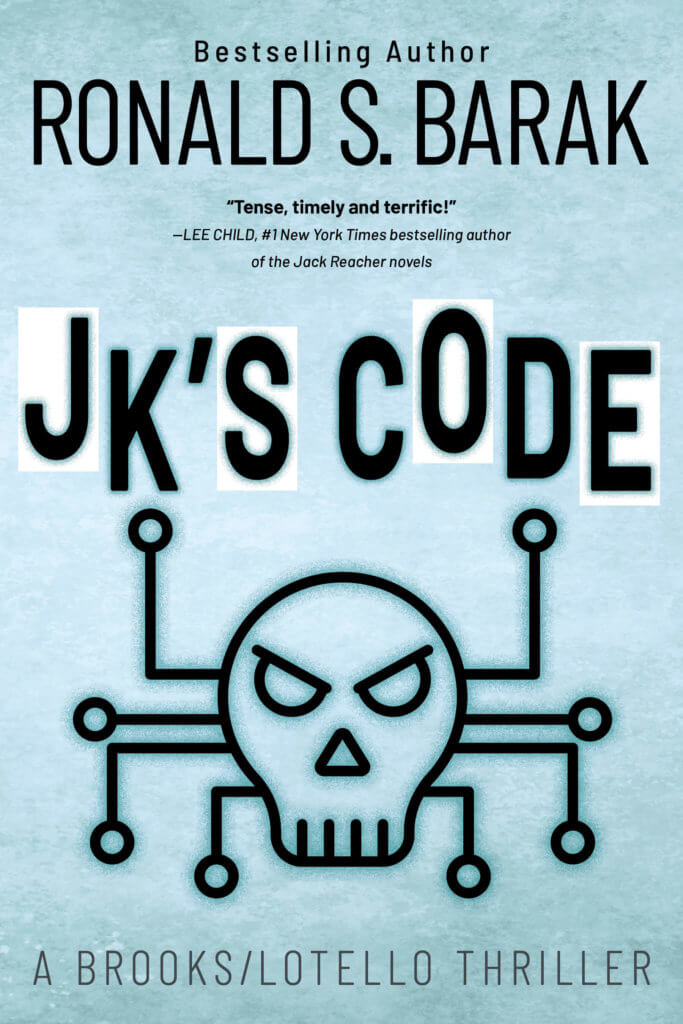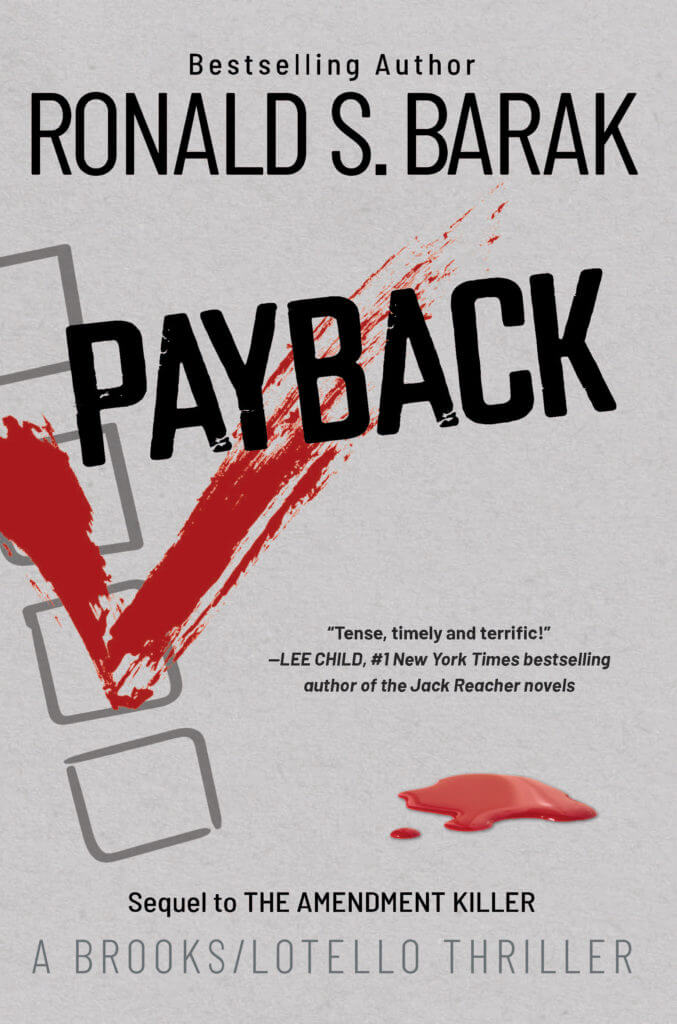 Starting June 9, under a concept euphemistically known as “aid-in-dying,” terminally ill Californians can request prescriptions from physicians for medications that would allow them to end their lives. This is not to be confused with euthanasia, under which a third party administers the life ending medication or treatment. Under the California law, a doctor does not administer what he or she prescribes and is not required to issue such a prescription or refer a patient to another doctor who will.
Starting June 9, under a concept euphemistically known as “aid-in-dying,” terminally ill Californians can request prescriptions from physicians for medications that would allow them to end their lives. This is not to be confused with euthanasia, under which a third party administers the life ending medication or treatment. Under the California law, a doctor does not administer what he or she prescribes and is not required to issue such a prescription or refer a patient to another doctor who will.
In 1998, Oregon became the first state to allow doctors to prescribe lethal medications. The aid-in-dying practice has since become legal in three other states: Washington, Vermont and Montana. About a dozen other states, including Arizona, are presently considering adopting the same or similar laws.
The Los Angeles Times recently published the opinion of an Arizona doctor who will not abide by the lawful wishes of a patient no matter how well reasoned and informed because she believes the Hippocratic oath and her personal ethical (and religious?) position trumps the patient’s wishes no matter how well thought out.
The stated rationale of the Arizona doctor is that taking a legal dose is not the “right” way to die. Instead, she advocates hospice care and using morphine to induce a pain free coma while the patient dies “naturally.”
In this writer’s view, the Arizona doctor’s opinion illustrates the ultimate definition of a moron and hypocrisy (not to be confused with Hippocracy!) Let’s be clear here: I would not presume to question the doctor’s religious or ethical views, in spite of the fact that I strongly disagree with the use of religious or ethical precepts to trump the informed wishes of a dying patient to dictate his or her own exit plan (particularly under the safeguard procedures incorporated into the new California law).
The straw that breaks this camel’s back, however, is when the good Arizona doctor, no matter how well intended, attempts to distinguish between a quickly administered death and a slowly administered death. There simply is no rational distinction between the two. Make no bones about it, each involves professionally assisted death. For whatever naive reason, the Arizona doctor has somehow frivolously convinced herself that it is sounder and more ethical—and “better” for the patient and his or her loved ones who must sit and painfully maintain the vigil and assist their loved one on his or her final journey—to administer death more slowly.
I like the doctors in my life, both those who are there professionally and those who are there socially. To my observation, they are mostly hard working, dedicated servants who, in this economic climate, aren’t paid what they should be.
That said, however (and there are “bad” apples in every barrel), this Arizona doctor should stick to being a physician and not an ethicist or a logician. Doctor, heal thyself. Please!
Join the discussion either by logging in just below or by signing into your favorite social media outlet. If you’re having trouble, please follow these instructions to guide you! Thanks!







